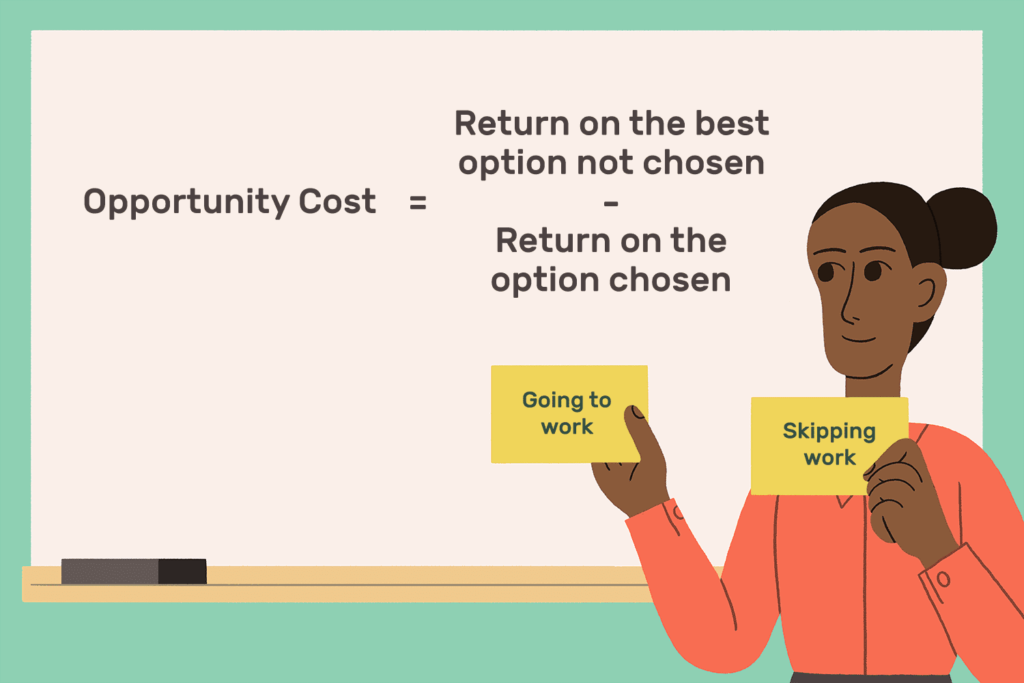
Stock Market Crash: The Real Reason & What to Do When It Happens
The stock market is a barometer of a nation’s economic health, reflecting investor sentiment and corporate performance. However, it’s no stranger to volatility, and a market crash can send shockwaves through economies worldwide. A stock market crash is often dramatic, swift, and unsettling, causing significant losses and emotional turmoil for investors. In this blog, we will explore the real reasons behind stock market crashes, why they happen, and what you can do to safeguard your investments during tough times.
1. Economic Recession or Slowdown
One of the leading causes of a stock market crash is a broader economic recession or slowdown. When economic growth stagnates or contracts, businesses face lower profits, consumers cut back on spending, and unemployment rates rise. These factors can lead to reduced investor confidence, triggering widespread sell-offs in the stock market.
Recessions can be caused by a variety of factors, such as declining consumer demand, trade wars, inflation, or geopolitical instability. As companies struggle to meet earnings expectations, their stock prices drop, causing a ripple effect across the market.
2. Speculative Bubbles and Overvaluation
Another common cause of a stock market crash is the formation of speculative bubbles, where stocks or entire sectors become grossly overvalued. During periods of irrational exuberance, investors pour money into assets, driving prices well beyond their intrinsic value. This is often fueled by hype, herd behavior, and excessive optimism.
When reality catches up, and investors realize that stock prices are unsustainable, a sharp correction follows. This is what happened during the dot-com bubble in the late 1990s and the housing bubble leading up to the 2008 financial crisis. The bursting of these bubbles led to massive losses in the stock market.
3. Interest Rate Hikes
The actions of central banks, particularly in relation to interest rates, play a significant role in influencing stock market behavior. When central banks raise interest rates to combat inflation, borrowing becomes more expensive, and consumers and businesses tend to spend less. This can result in lower corporate profits and reduced economic activity.
Higher interest rates also make bonds and other fixed-income investments more attractive, leading investors to shift their money away from the stock market. As a result, stock prices fall, and a market crash may ensue if the rate hikes are aggressive or unexpected.
4. Geopolitical Events and Global Crises
Geopolitical events, such as wars, trade disputes, or financial crises in other parts of the world, can also trigger a stock market crash. The interconnected nature of global markets means that a crisis in one region can have a domino effect on other markets.
For example, the 2020 stock market crash was triggered by the outbreak of the COVID-19 pandemic, which disrupted global economies, led to widespread lockdowns, and caused panic among investors. Similarly, the 2008 financial crisis was spurred by the collapse of major financial institutions and the ensuing global credit crunch.
What to Do When the Stock Market is Down?
The key to navigating a stock market crash is staying calm, focused, and strategic. Here are some steps you can take to protect your investments and make the most out of a market downturn:
- Avoid Panic Selling: The instinctive reaction during a market crash is to sell off your investments to avoid further losses. However, selling in a panic often locks in your losses. Instead, assess your portfolio and focus on the long-term picture. Most stock market crashes are followed by periods of recovery.
- Diversify Your Portfolio: One of the best ways to mitigate risk is by diversifying your investments. Spread your assets across different sectors, asset classes, and geographical regions to reduce the impact of a downturn in any one area.
- Look for Buying Opportunities: A market crash can present opportunities to buy high-quality stocks at discounted prices. If you have a long-term investment horizon, consider using the downturn to buy undervalued stocks or add to existing positions.
- Review Your Investment Strategy: A stock market crash can be a good time to reassess your investment strategy. Ensure that your portfolio aligns with your risk tolerance and financial goals. If you’re unsure, consulting with a financial advisor can help guide you through turbulent times.
The Most Significant Stock Market Crash in India
India has experienced several significant stock market crashes, but perhaps the most notable one was the 1992 Indian Stock Market Scam, which led to a massive crash in the market.
In 1992, stockbroker Harshad Mehta orchestrated a large-scale securities scam by exploiting loopholes in the banking system. Mehta’s manipulation led to the inflated prices of stocks, and when the scam was exposed, the stock market suffered a massive collapse, with the BSE Sensex losing over 50% of its value. The event marked a significant turning point in India’s stock market, leading to the introduction of stronger regulations and oversight to prevent similar incidents in the future.
Another significant crash occurred during the 2008 global financial crisis. While it was part of a global downturn, India’s stock market was severely impacted, with the Sensex falling by over 60% from its peak in January 2008 to the lows in 2009.
Conclusion
Stock market crashes, while unsettling, are a natural part of the economic cycle. Understanding the real reasons behind these crashes can help investors make informed decisions during times of market turmoil. By staying calm, sticking to a diversified investment strategy, and keeping a long-term perspective, you can weather the storm and come out stronger on the other side.
The most significant stock market crashes, both globally and in India, show us that even the most stable markets are susceptible to volatility. However, with proper planning and a steady hand, you can navigate these challenging times and continue building wealth for the future.
Must Read
https://allchemy.me/moringa-powder-how-to-use-benefits-and-disadvantages
https://royfinance.in/top-5-reasons-why-gold-prices-are-soaring-in-india/


